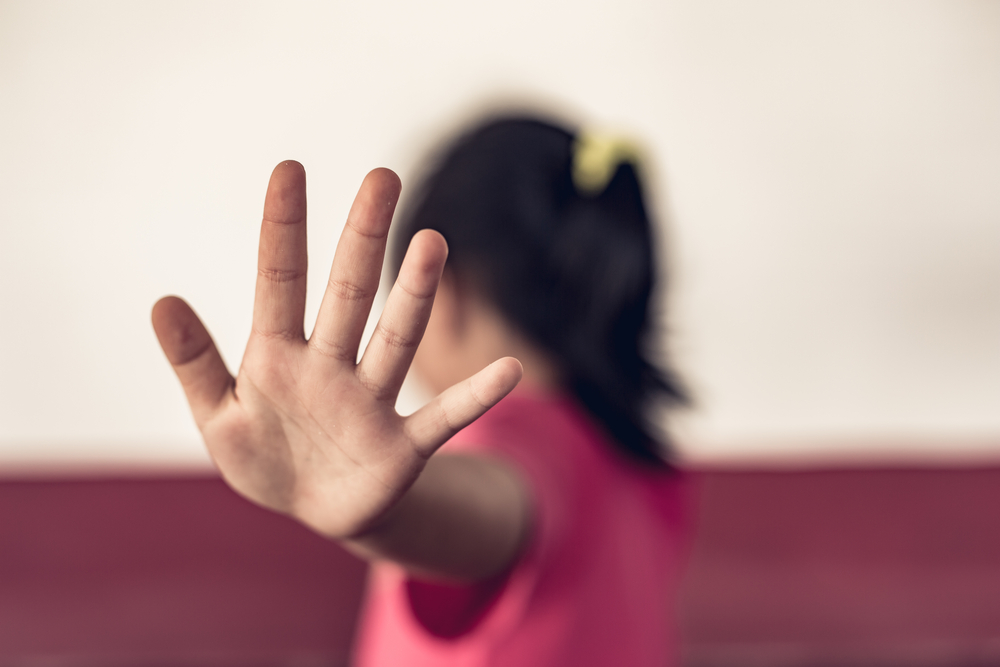“Mama, where do babies come from?” she was asked as they made their way through the park. Her four-year-old had run a few steps ahead and was casually standing next to a young woman who was bottle feeding her baby on one of the many park benches. With an awkward smile at the mother, she took her daughter’s hand and led her away, while stating in hushed tones that she should let the baby sleep and have his meal.
Whether you like it or not, your children are bound to ask you some difficult questions. It’s up to you to deal with them as openly and as honestly as you can. “I remember always wondering what was really different between boys and girls when I was younger. I couldn’t comprehend the difference between genders and asked my mother why a cousin brother would have certain liberties but I didn’t. She never could fully explain and simply repeated girls have to be careful,” says 33-year-old media professional, Cheryl Fernandes*. Of course when I received sex education in school, I was completely scarred, but aware of the fundamental differences when it came to sex and reproduction.”
But if you’re contemplating whether sex education is an essential part of growing up, particularly if your children are too young to understand, think again. According to Dr Mehezabin Dordi, clinical psychologist, Reliance Foundation Hospital, “Beginning a conversation about sexuality early and continuing that conversation as your child grows, is the best sex education strategy. It also helps normalise the subject of sex, saving parents from the awkwardness of having ‘the talk’ when the child reaches adolescence. Moreover, older children today are more exposed than ever before and may even think they already have the information and won’t be receptive.”
So what are the undeniable benefits of talking to your children about the birds and the bees from a young age? We list them out for you:

It can help prevent the transmission of diseases
The world is well aware of HIV, given that there is no cure for the virus. But apart from HIV, there are other harmful diseases that are transmitted sexually. A comprehensive knowledge is a great first step in the prevention of sexually transmitted diseases (STDs), and the various complications that can follow. Says Dordi, “In such cases, having knowledge of what constitutes safe sex is far better than being uninformed. An increase in knowledge will boost their understanding of sexual and reproductive health.”

It normalises sexual and reproductive issues
During a child’s formative years, all knowledge imparted is absorbed like a sponge. Talking openly and honestly about the birds and the bees only serves to give them a wider, and in-depth understanding when you sit them down for a detailed lesson. “I distinctly remember feeling ashamed when I first got my period. I was 12 and had received sex education in school, but nothing could prepare me for what to expect when my time would come. I thought I had hurt myself and was wondering why I didn’t feel any pain when I did. Had my mother been more open and prepared me for what to expect, I’d have realised that I had nothing to be ashamed about. In fact, when my cousin got her period a year before, instead of sitting me down to explain what it meant, my aunt simply announced that my cousin would be able to conceive. It still haunts me to this day,” recalls Fernandes. Research suggests that if sex education was provided at every milestone in a child’s life, it wouldn’t be such a taboo subject. Dr Dordi concurs. “Many parents find it difficult to talk to their children about sexual matters. That said, it’s imperative that parents understand that sex education is a continuous process and having age-appropriate and continued conversations with their kids is crucial for their overall safety and development.”

It can act as an empowering tool
While younger children may not see its advantages, for teenagers, sex education can be empowering. Not only does it help them understand their biology, they are armed with knowledge that can help them sense if there’s possible danger from predators. How? They’re aware of if and when sexual boundaries are being crossed without proper consent. In fact, a conversation that includes hypotheticals is a great way to give teenagers options of what to do in various situations. Explain Dordi, “You could begin by asking open-ended questions, such as ‘What would you do if you found yourself in a situation like this?’ A general conversation based around a hypothetical situation is an easy starting point, and gives both you and your child a chance to express your thoughts and beliefs, and allows for a well-informed plan of action.”
Ultimately, sex education is a step towards enabling children, and young adults make appropriate, well-informed decisions, especially in critical situations. There is a misconception among some parents that sex education will urge teenagers to indulge in sexual activities because they understand what safe sex means. In actuality, it’s a tool to make them aware of various sexual and reproductive issues that can befall them, while also normalising the subject by lessening the stigma attached to it. “Making certain that our children fully understand concepts like bodily autonomy and verbal consent can go a long way towards ensuring that their budding romantic relationships are safer, healthier, and happier,” Dr Dordi signs off.